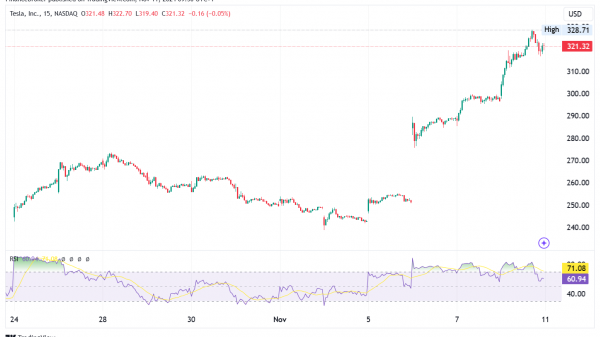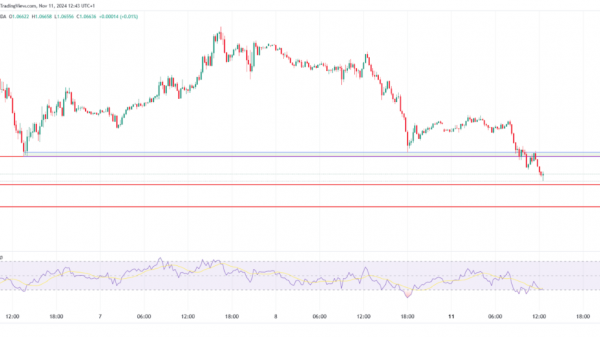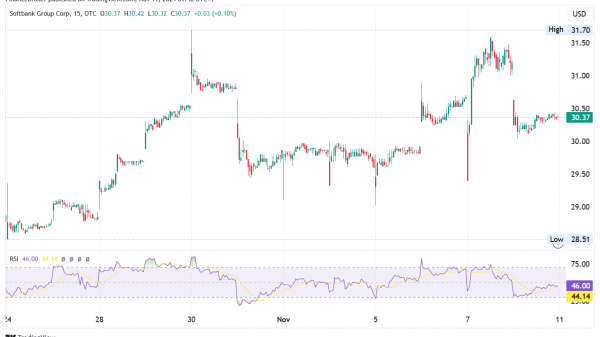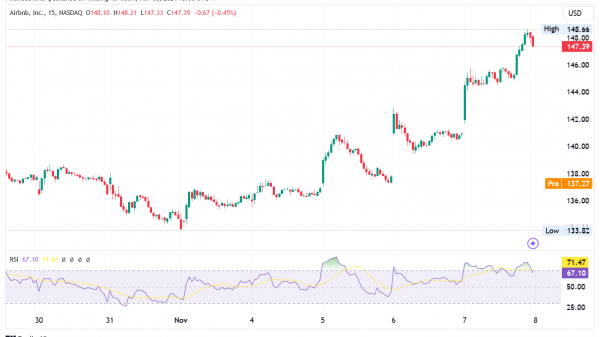Data reigns supreme in today’s business landscape. The Internet of Things stands at the forefront of the ongoing digital revolution, helping transform ambiguous uncertainties into actionable insights. This is a technology that allows everyday gadgets to collect data and transfer it in real-time. Using the Internet of Things (IoT), businesses can monitor their energy consumption, inventory levels, and even keep track of their shipments. This type of granular visibility into business operations makes it possible for managers to optimize processes and enhance efficiency. It’s all about transforming the unknown into manageable quantities.
What Is IoT?
IoT is a concept that involves equipping everyday objects with specialist SIM cards, software, sensors, and other technologies. They use them to collect and exchange data with other devices via the internet. These gadgets can range from basic household items such as thermostats to more complicated industrial tools such as vehicles. Its power lies in its ability to collect large amounts of data from multiple sources in real-time. It then analyses this data and uses the results to detect problems, predict needs, and optimize processes. This network of interconnected devices, therefore, serves as a brain for the modern business environment.
How Businesses Can Use IoT to Enhance Productivity
The IoT devices are continuously collecting data in the workplace, learning patterns, and using the analysed data to improve efficiency. Below is a look at its use in multiple workplace environments.
Office
In an office environment, you can use IoT to optimise resource management allowing you to create better working conditions. Apart from using it to control and monitor smart lighting and HVAC systems, you can also use it to enhance communication and collaboration. An excellent way to do this is by using an employee app to facilitate communication between remote workers and in-house personnel. Your people can also use the app to share files and collaborate on different projects.
Retail
The retail sector has been one of the biggest beneficiaries of this technology. IoT has changed the way in which stores run their operations, including how they interact with customers. For example, many stores now have smart shelves that come equipped with RFID tags and weight sensors. These are shelves that can track inventory levels in real-time, sending alerts to managers whenever items get misplaced or when the stock levels become too low. Its implementation in the retail sector not only helps increase sales, but also boosts customer satisfaction.
Deploying IoT in a business environment is not merely about trying to keep up with emerging technology; it’s also about driving business growth. By adopting this technology, your business stands a chance at enhancing productivity and lowering its operating costs.
The post The Internet of Things: How Businesses Can Embrace the Future of Productivity appeared first on IoT Business News.























